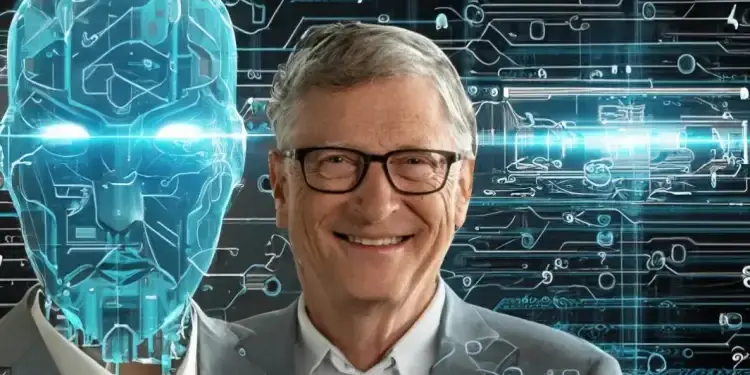While artificial intelligence (AI) upsets the world of work, certain trades seem armed to resist this technological revolution. Bill Gates, co-founder of Microsoft and visionary in tech, recently said that three key sectors will continue to prosper: energy, biology and programming of AI systems.
These areas share a common point: they require sharp expertise and adaptability that machines cannot yet equal. Energy professions, for example, require a complex reflection on climatic challenges and lasting solutions.
In biology, understanding of living processes and human empathy remain crucial, especially in medicine and biotechnology.
Finally, design and supervise AI systems is a technical mastery and creativity that only human skills can offer.
Faced with this new order, Gates insists on the importance of digital skills and coding. Educational systems adapt, introducing training in programming and critical thinking from an early age.
Initiatives like those observed in Germany, where vocational training programs incorporate digital tools, offer inspiring models to prepare workers for this transition.
If this revolution generates fears, it also opens the way to new opportunities. Bringing on education, conversion and innovation will transform these challenges into engines of human progress.








